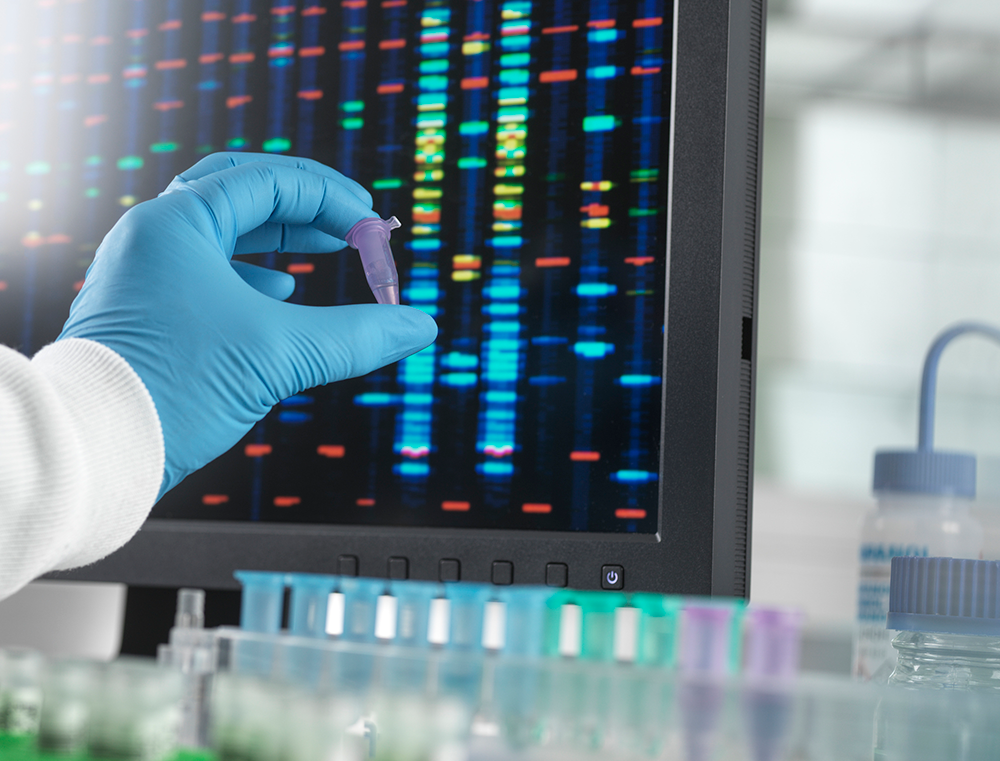There are several side effects that can arise due to cancer treatment. One of these side effects is referred to as chemo brain— a cognitive decline that may be experienced before, during, and/or after cancer treatment, even if you have not been treated with chemotherapy. Often described as mental “fogginess,” chemo brain manifests itself as having a lack of focus, the inability to concentrate, and trouble processing or remembering information.
Chemo brain may also be called by names, such as cognitive dysfunction, cancer-therapy associated cognitive change, cancer-related cognitive impairment, or post-chemotherapy cognitive impairment.
While chemo brain is short-lived for some patients, other patients may experience it for years.
Currently, research is underway in hopes of finding answers to the many questions regarding the memory changes that cancer patients who receive chemotherapy experience. While researchers still have much to learn, one thing is certain: chemo brain can be a frustrating and debilitating side effect of cancer and its treatments.
Signs and Symptoms of Chemo Brain
Some examples of what a chemo brain experience looks like include:
- Having a hard time concentrating, focusing, or paying attention
- Sudden loss of organizational skills and/or ability to multitask
- Forgetfulness or memory lapses
- Disorientation or extreme confusion
- Difficulty recalling or remembering details like names, dates, and common words
The severity can range greatly among patients with some signs being much more obvious or debilitating than others. Some people don’t notice them at all. Oftentimes, these changes go unreported to the cancer care team until they begin to interfere with the patient’s everyday life.
Causes of Chemo Brain
There is no definite cause of chemo brain. What’s even more puzzling is that those who have never had chemotherapy, can be vulnerable to experiencing these symptoms. Because of this, it has been suggested that it could be a combination of factors including:
- The cancer itself (particularly brain cancer)
- Age at the time of diagnosis
- Cancer treatment, such as chemotherapy, radiation therapy, hormone therapy, or targeted therapy
- Surgery and the anesthesia used during surgery
- Other illnesses, such as high blood pressure and diabetes
- Medications, such as antibiotics, antidepressants, heart medications, anti-nausea medications, or pain medications
- Anemia (low red blood cell counts)
- Infection
- Fatigue
- Sleep issues
- Poor nutrition
- Stress and emotional strains that often occur with a cancer diagnosis and treatments
11 Tips for Managing Chemo Brain
It takes some work, but it is possible to sharpen your mind and manage chemo brain. Here are some tips to help you cope:
-
Keep track of your schedule and create reminders on a planner, computer, or smartphone.
-
Make a list that consists of important information such as phone numbers, addresses, meeting notes, and even movies or books you’re interested in.
-
Rest often and get enough sleep at night.
-
Enrich your diet by including brain-boosting foods such as broccoli, beets, celery, and dark leafy greens.
-
Create more structure within your routine by blocking off certain amounts of time to accomplish specific tasks. Time blocking is a simple, yet powerful technique that can increase motivation, improve focus, boost efficiency, and reduce stress.
-
Only take on one task at a time, making sure to avoid distractions.
-
If possible, add regular exercise into your routine. Light to moderate activity is good for the body and the mind, even during cancer treatment, if approved by your oncologist.
-
Jot down any memory issues, including when they happen as well as what’s going on at the time they occur (medications that you’ve taken, time of day, situation, etc). Doing this can help make it easier for your doctor to find the root cause. Ask for help when you need it and be sure to tell your friends and loved ones when you experience symptoms of chemo brain. Their support can make a big difference!
For long-term chemo brain issues, your doctor may prescribe other methods to help manage them. These may include:
9. Medications, such as antidepressants, stimulants, cognition-enhancing drugs, and drugs like morphine, which block how narcotics work.
10. Occupational therapy and vocational rehabilitation to help patients handle job-related skills and the activities of daily living.
11. Cognitive rehabilitation and cognitive training, which can help improve cognitive skills and coping abilities.
When to Talk With Your Oncologist
If you experience any symptoms of chemo brain, it’s a good idea to talk with your doctor. He or she will want to know when the problems started and how they affect your daily life, so it is important to make a note each time you experience issues.
Some questions you might want to ask your doctor could include:
- What is the cause of my chemo brain?
- Are there steps I can take to improve my memory or my ability to focus?
- How long should I expect my symptoms to last? Is there treatment for my symptoms?
- Would I benefit from participating in any type of therapy?
- Is there a specific type of doctor who can help me with this? If so, can you recommend one?
Remember, it’s wise to keep track of the important facts so you will be able to have a thorough discussion with your doctor. You may even want to take a friend or family member with you so they can help take notes and review them with you later on.
In addition to talking with your cancer care team, consider being open and honest about your feelings with friends and family. Sometimes, all it takes to feel better is to have a talk with someone you trust and care about.





